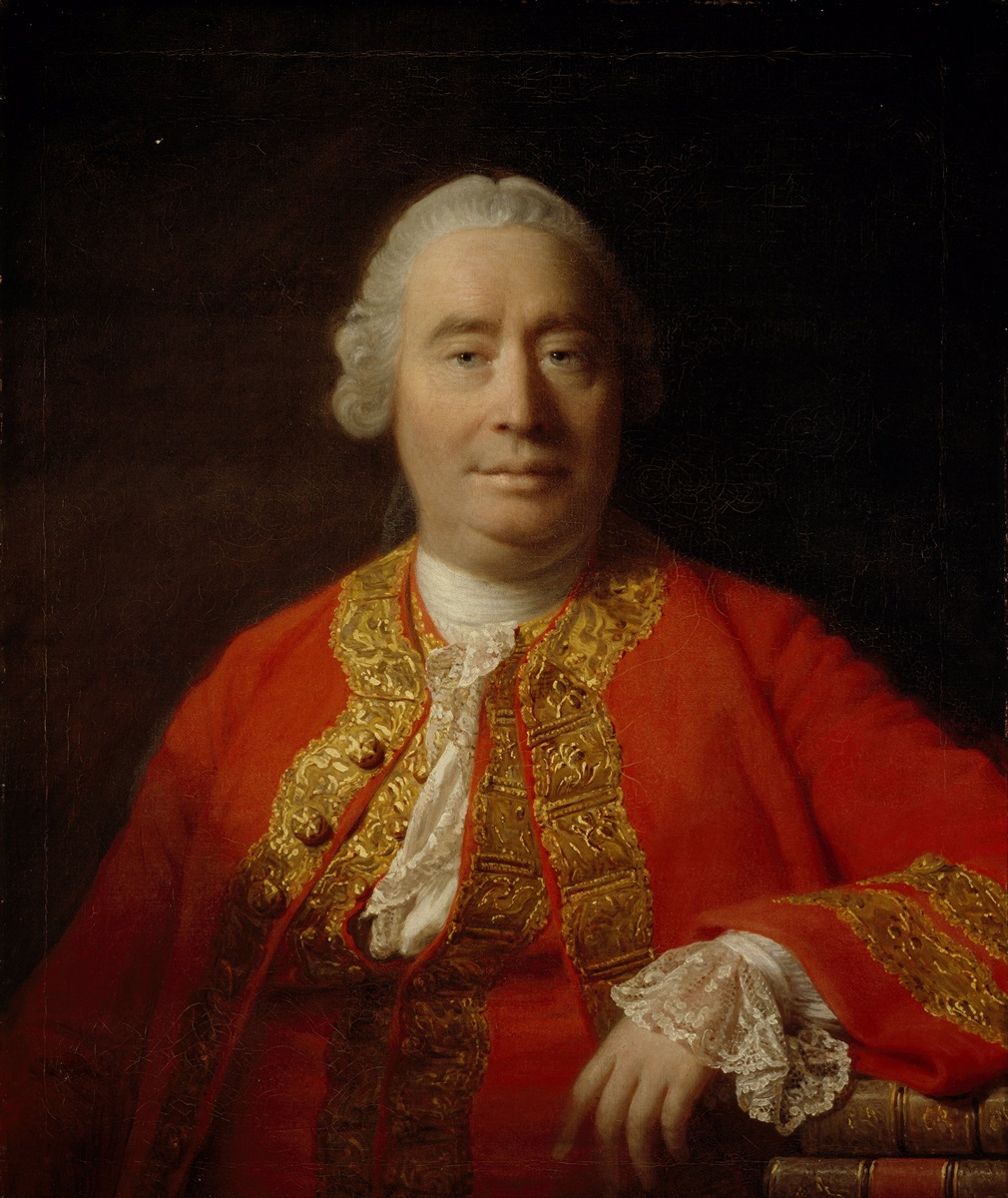David Hume (1711 - 1776)

David Hume
David Hume, birth name David Home, was an 18th-century Scottish Enlightenment philosopher, historian, economist, librarian, and essayist.
He is best known for his philosophical empiricism and skepticism. Hume saw philosophy as an inductive, experimental science of human nature. Taking as his model the scientific method of the English physicist Isaac Newton and drawing on the epistemology of the English philosopher John Locke, Hume tried to describe how reason works in obtaining what is called knowledge. He concluded that no theory of reality is possible; there can be no knowledge of anything beyond experience. Despite the enduring influence of his theory of knowledge, Hume seems to have considered himself primarily a moralist.
Hume was one of the particularly significant figures of his century--as a writer, historian, economist, and philosopher he made great strides forward and his achievements are still highly valued in human culture today.
| Date and place of birt: | 7 may 1711, Edinburgh, United Kingdom |
|---|---|
| Date and place of death: | 25 august 1776, Edinburgh, United Kingdom |
| Period of activity: | XVIII century |
| Specialization: | Economist, Historian, Philosopher, Writer |


